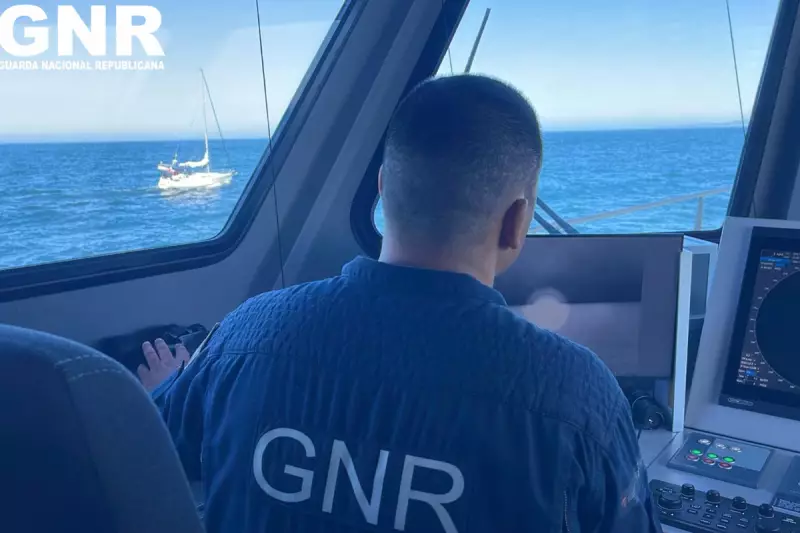
A terrifying encounter unfolded off the coast of Portugal this week as a pod of orcas deliberately rammed a sailing yacht, demonstrating the increasingly bold behaviour of these marine mammals.
The incident occurred approximately eight miles from the picturesque town of Sines, a popular destination for sailors and tourists. The crew aboard the 40-foot vessel found themselves at the mercy of the powerful animals during a tense 45-minute confrontation.
The Attack Unfolds
According to marine officials and the shaken crew members, the orcas specifically targeted the yacht's rudder, striking it with deliberate force. The repeated impacts caused significant damage to the steering mechanism, leaving the boat disabled in the water.
"The animals were clearly coordinating their attack," one marine biologist familiar with the incident noted. "This wasn't random behaviour—they knew exactly what they were targeting."
Growing Pattern of Behaviour
This latest incident adds to a worrying trend documented along the Iberian Peninsula. Since 2020, researchers have recorded hundreds of similar interactions where orcas have approached and sometimes damaged vessels.
Scientists remain divided on what's driving this unusual behaviour. Some theories suggest:
- Playful behaviour among younger orcas
- Defensive actions following a traumatic event involving a boat
- Social learning where the behaviour spreads through pods
- Curiosity about the vessels in their territory
Safety Measures and Recommendations
Marine experts advise sailors navigating these waters to take precautions when encountering orcas. Recommended actions include:
- Maintaining a steady course without sudden direction changes
- Avoiding aggressive manoeuvres that might be perceived as threatening
- Moving away slowly if safe to do so
- Reporting all encounters to marine authorities for research purposes
Despite the dramatic nature of these encounters, no human injuries have been reported in any of the documented incidents. The orcas appear focused on the vessels themselves rather than the people aboard.
Researchers continue to monitor the situation closely, hoping to better understand what's driving these intelligent creatures to interact with boats in such an unprecedented manner.





